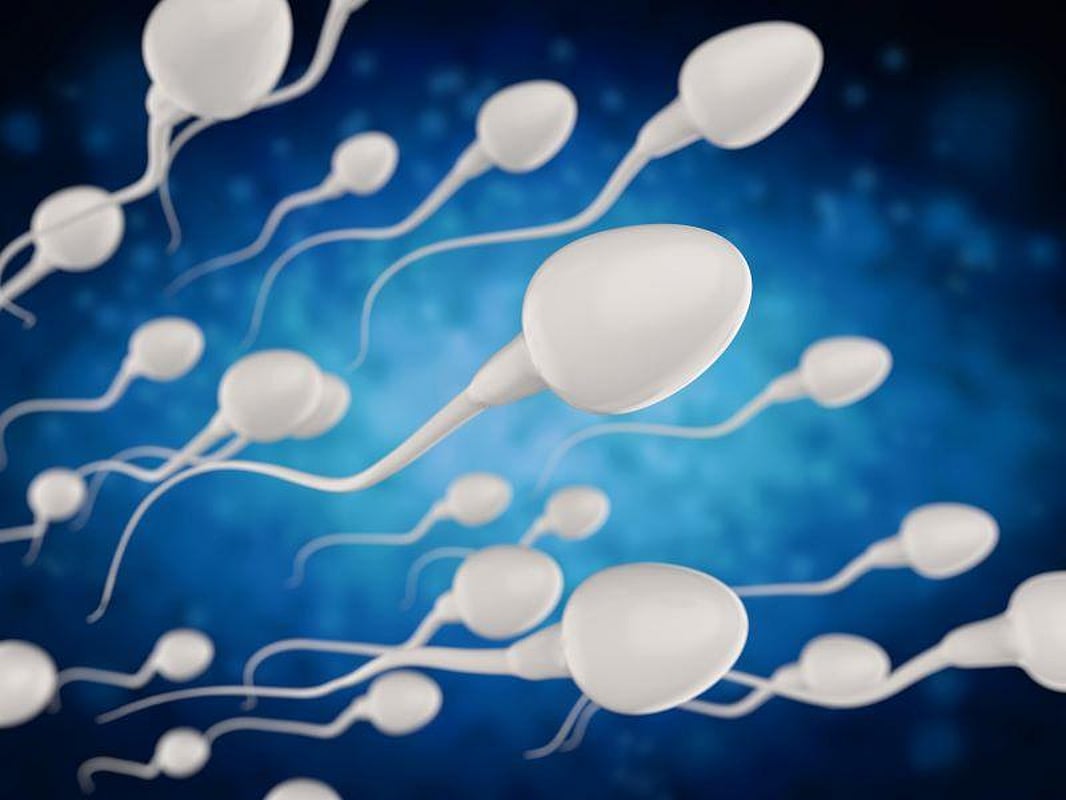Weight Loss Tied to Better Sperm Count, Concentration

WEDNESDAY, Aug. 24, 2022 (HealthDay News) -- Sperm concentration and sperm count are improved in men with obesity after diet-induced weight loss, according to a study published in the July issue of Human Reproduction.
Emil Andersen, from University of Copenhagen in Denmark, and colleagues examined acute and long-term effects of weight loss on semen parameters. The analysis included 56 men with obesity assigned to an initial eight-week low-calorie diet (800 kcal/day), followed by randomization to 52 weeks of placebo and habitual activity (placebo), exercise training and placebo (exercise), the Glucagon Like Peptide 1 (GLP-1) analogue liraglutide and habitual activity (liraglutide), or liraglutide in combination with exercise training (combination).
The researchers found that men lost on average 16.5 kg body weight with the low-calorie diet, which increased sperm concentration 1.49-fold and sperm count 1.41-fold. For men who maintained the weight loss, these improvements were maintained for 52 weeks, but improvements were not maintained in men who regained weight. No changes were seen in semen volume, sperm motility, or motile sperm count.
"The persistent improvement of sperm concentration and count after weight loss maintained through exercise and/or a GLP-1 receptor agonist may therefore also result in improved male fertility," the authors write.
The study was supported by a grant from the Novo Nordisk Foundation, and several authors disclosed financial ties to Novo Nordisk.
Related Posts
Blood Pressure’s Ups & Downs Could Harm Heart, Brain
WEDNESDAY, Oct. 18, 2023 (HealthDay News) -- Fluctuating blood pressure can be a...
Child Development Stages and Milestones: What to Expect
TUESDAY, May 30, 2023 (HealthDay News) -- From their first smile to their first...
Ketamine Shows Promise Against Treatment-Resistant Depression in Trial
TUESDAY, July 18, 2023 (HealthDay News) -- Dr. Dan Iosifescu’s patient had a...
AHA News: Waiting For Takeoff, Her Heart Stopped. Flight Attendants Came to the Rescue.
THURSDAY, Sept. 22, 2022 (American Heart Association News) -- Vonnie Gaither...
